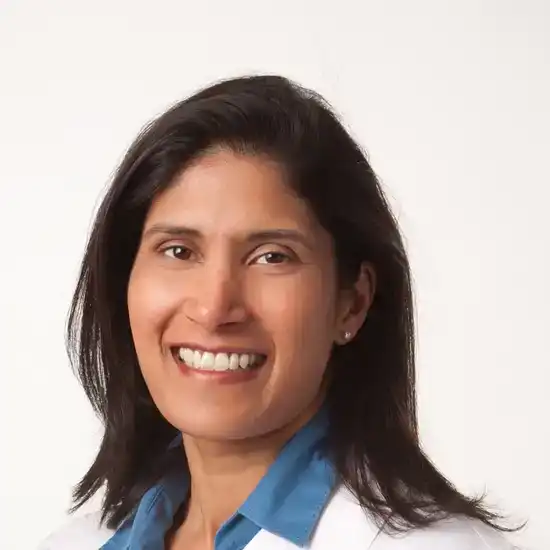As an ob-gyn who specializes in pediatric and adolescent gynecology, Dr. Rupa DeSilva can trace a direct link between contraceptive access and teenagers and young adults pursuing their education.
This really does affect everyone. If a woman can plan her pregnancies and be more productive in the workforce, that trickles down to all of society. When our system is not thinking about how to provide access to teens, young adults, and women, we’re missing an opportunity.
Q: As an ob-gyn, what do you do, whom do you serve, and why do you do this work?
A. I am an ob-gyn and I have sub-specialty training in pediatric and adolescent gynecology. I’ve been practicing for 20 years. I serve my patients’ gynecological needs until age 21. How our younger generation sees themselves as people, the way they take care of themselves and participate in healthcare starts at a really young age. I hope to be a part of that for young women.
Q: What kind of barriers do women in Dallas face when it comes to getting birth control?
A. There are so many barriers. The most common ones are transportation, economics, and education. There’s also a lot of stigma around various contraceptives based on people’s values, belief sets, etc. There are clear statistics about which methods work but it’s still a personal decision that’s based on your health and the responsibilities you have.
Q: What is the single most important thing you think community leaders need to understand about the issue of contraceptive access?
A. Contraceptive access is not just a problem for low-income women. Sometimes insurance doesn’t pay for contraception. Sometimes there are barriers like taking off work for multiple different visits. That matters for low-income patients but also for many other patients. If a young adult is in school, leaving early three times to see a doctor is daunting.
